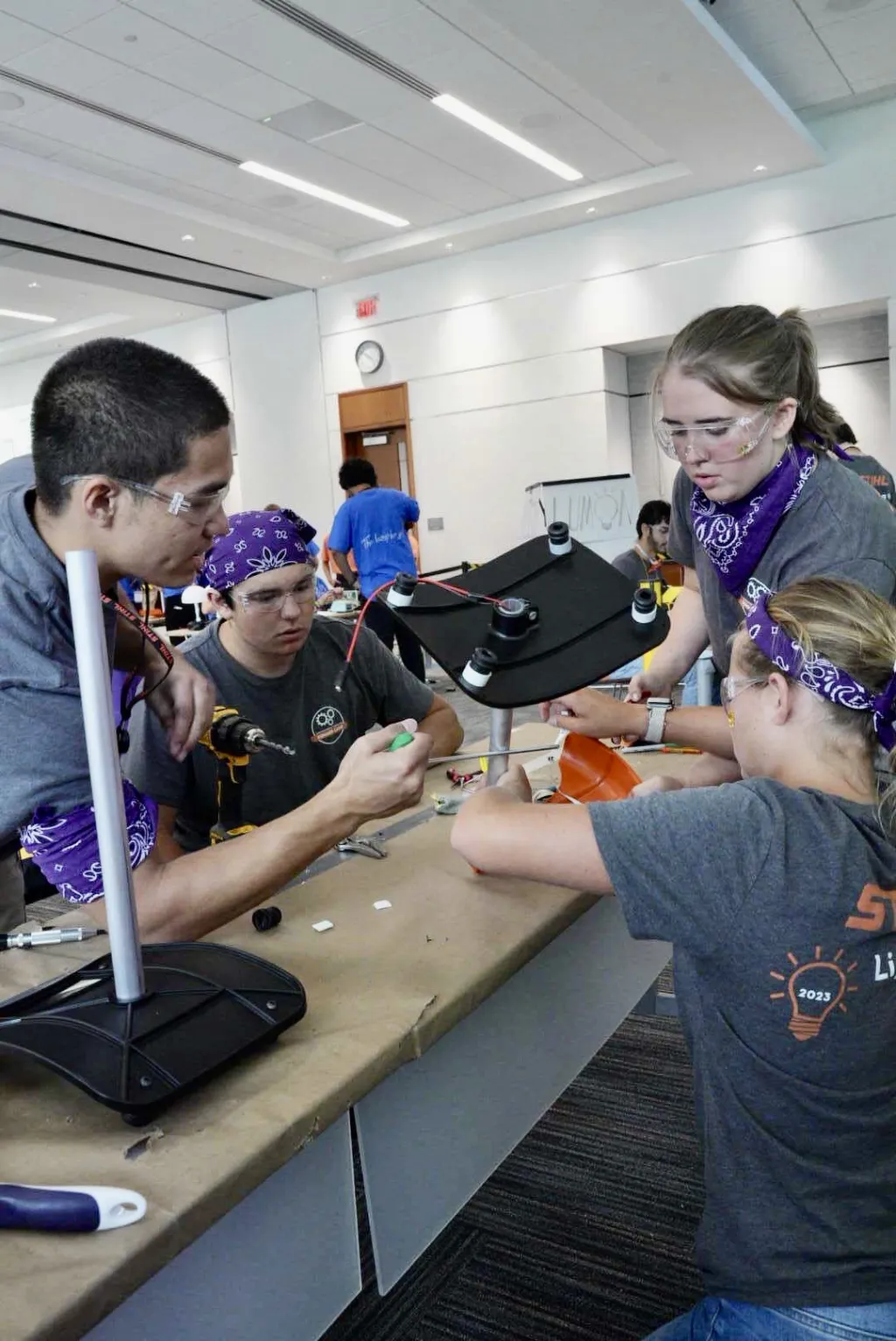Copyright Fast Company

As the founder, chair, and CEO of the Exceptional Women Alliance, I am privileged to work alongside extraordinary women leaders who reshape industries and redefine what leadership looks like. Within this sisterhood, we challenge, support, and elevate one another, sharing not just professional expertise but a commitment to lead with impact. Nicole Brownell is one of those leaders. She is a COO and growth strategist whose work sits at the intersection of digital transformation, product innovation, and behavioral intelligence. She has guided companies through scaling, designed GTM strategies that combine creativity with analytics, and she focuses on using data to deepen connections with both customers and teams. Her perspective is clear:Digital transformation only matters if it creates human connection. Q: You say digital transformation isn’t just about technology. What do companies often get wrong? Brownell: Too often, organizations confuse transformation with digitization like migrating systems, adding dashboards, or adopting AI tools. Technology alone doesn’t drive growth; people do. True transformation comes when data is elevated into performance intelligence to predict needs, when it creates seamless experiences, and when it fosters connections. The same principle applies to leadership. Data can track KPI performance, plus people are more engaged when leaders pair analytics with recognition and understanding. Whether motivating a team member or a customer, the equation is the same: Intelligence + humanity creates impact. Q: What role does data play in understanding and connecting with customers? Brownell: Consumer data is often treated as a compliance exercise of counting clicks, tracking transactions, and slicing demographics. That’s not intelligence, that’s inventory. Intelligence surfaces in patterns: how a traveler chooses, movement from discovery to purchase, loyalty motivators. Translating these patterns into insight gains us connection at scale. Personalization increases conversion by deepening the touchpoint. Subscribe to the Daily newsletter.Fast Company's trending stories delivered to you every day Privacy Policy | Fast Company Newsletters Q: You focus on behavioral research. How do generational differences affect personalization strategies? Brownell: Gen X is often overlooked, but they control nearly a third of U.S. household income. They value efficiency and trust and are brand loyal, but expect respect for their time. Contrast that with millennials, who are more likely to buy from brands aligned with social and environmental values. And then Gen Z, who expect instant, personalized interaction and are quick to move on if brands feel generic or disconnected. One-size-fits-all marketing is obsolete. If you’re not tailoring your message, you’re leaving growth on the table. When brands get it right, it’s significant value Q: You’ve said the future of advertising is less about media buys and more about messaging management. What do you mean? Brownell: Advertising used to be about reach. Today the advantage is relevance. Messaging management is orchestrating the content across channels (paid, owned, and earned) in a way that feels anchored and consistent to the consumer. Future-ready organizations will treat data as the fuel for message intelligence, moving beyond campaign reporting into predictive personalization, anticipating not just what a customer did, but what they are likely to do next. Advertising becomes transformative when every message feels less like a pitch and more like a conversation Q: What’s the risk if companies don’t embrace personalization now? Brownell: Irrelevance. Consumers today have more choices than ever before, and know it. If your messaging feels generic, disconnected, or poorly timed, someone else is ready to step in with a brand experience that feels authentic and aligned with their needs. The cost of inaction is slower growth through churn, declining loyalty and missed opportunity. The brands that hesitate today will find themselves playing catch-up tomorrow, and that’s costly. Q: Looking ahead, what excites you most about this shift? Brownell: The potential of rehumanizing technology for impact. While tech can sometimes feel like it creates distance, when applied well it enables connection at scale without sacrificing authenticity. It accelerates the outcomes we create. That’s powerful. This applies inside companies too. Technology should be our accelerant, not our substitute. Our role is to use it to amplify human judgment, creativity, and innovation alongside efficiency. Otherwise, what are we really building? The future of growth won’t be decided by who has the most data, but by who turns data into intelligence that builds trust, loyalty, and connection. Those companies won’t just compete, they’ll endure. Nicole reminds us that digital transformation is not defined by the tools we adopt, but by the trust we create. Her clarity in data’s elevation into performance intelligence, which is the connective tissue across customers and teams, offers a roadmap for leaders who want to keep pace and drive growth that endures. Larraine Segil is founder, chair, and CEO of the Exceptional Women Alliance.



